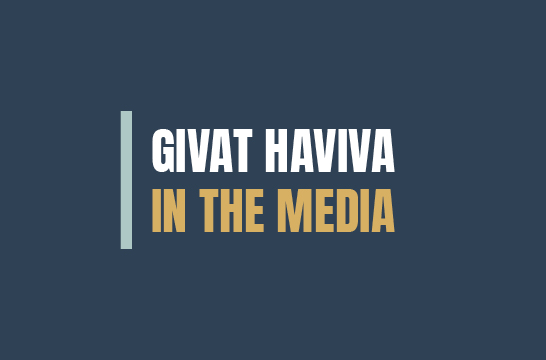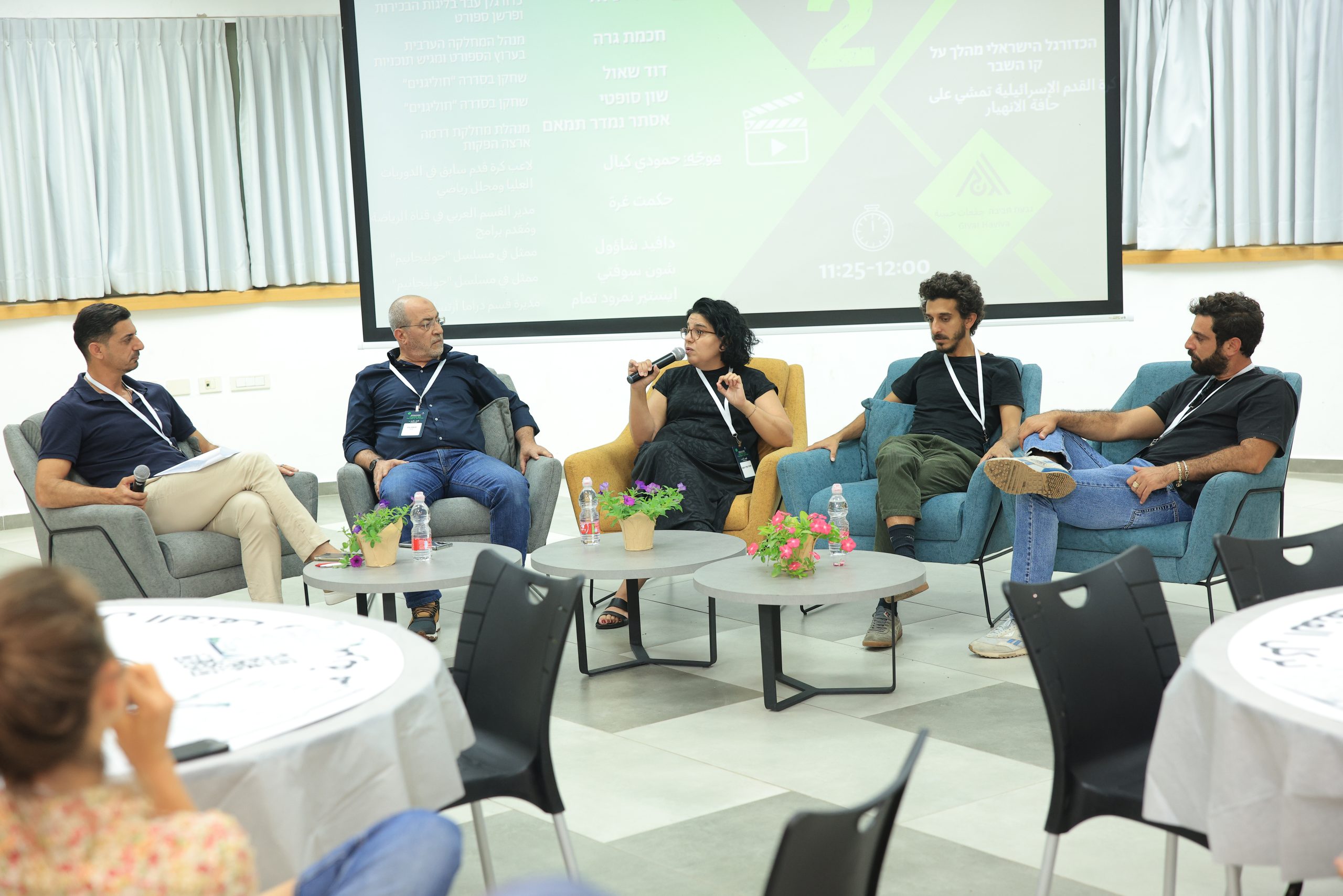The first cycle of the “Narratives” program at the Jewish-Arab Center for Peace at Givat Haviva, with a group of activists from Arab society, came to a successful conclusion. The program, which included meetings, tours, and diverse workshops, gave participants a glimpse into the Jewish-Israeli narrative, exposing them to new and challenging perspectives.
The program, developed in the wake of the October 7 events, aims to bridge the gaps between Jewish and Arab society in Israel, by delving deeper into key social issues and understanding the unique reality of each group.
The tragic events of October 7 and the ongoing war have had a severe impact on both societies. The Jewish community experienced profound shock and fracture, and the murderous attack shook the most basic perception and sense of security, leaving deep scars in the collective psyche. The Arab public in Israel is also experiencing many hardships stemming from the war’s consequences on the related population in Gaza, alongside growing concerns for their own personal safety and attacks on freedom of expression.
Against the backdrop of this complex reality, the program seeks to examine the changes that have occurred in the narratives of the two publics, and to examine whether they are leading to deepening rifts or possibly to the creation of a shared story of closeness and cooperation.
The 15 participants from Arab society, who are active in various fields, studied diverse topics, including statehood and democracy in Israel, the concept of national security, the Israeli-Palestinian conflict, movements in Haredi society, the issue of conscription into the IDF, and more. Despite the challenges, many noted that they experienced leaving their comfort zone, and emphasized the great contribution of this element to the learning process.
The program, which began with a group from Arab society, will be expanded in the coming months to another group from Jewish society, who will study the Arab-Palestinian narrative in Israel.





